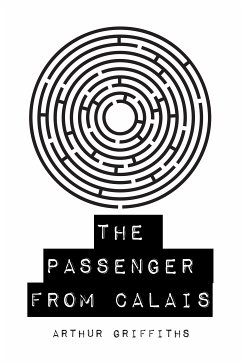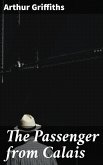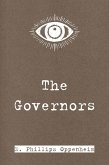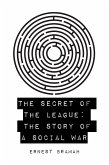Arthur George Frederick Griffiths was a prison administrator and author who published more than 60 books during his lifetime.
Das E-Book The Passenger from Calais wird angeboten von Krill Press und wurde mit folgenden Begriffen kategorisiert: sherlock; christie; wells; verne; mystery; poirot; doyleDieser Download kann aus rechtlichen Gründen nur mit Rechnungsadresse in D, E, F, I ausgeliefert werden.









